
Transporting furniture is expensive due to the size and weight of the items. Compressed sofas are designed to solve this problem, but how do they save on transportation costs?
Compressed sofas save on transportation costs by significantly reducing their volume, allowing more units to be shipped per container, which lowers per-unit shipping expenses.
This innovation benefits manufacturers, retailers, and customers by optimizing logistics and reducing overall expenses.
How Does Compression Reduce Shipping Costs?
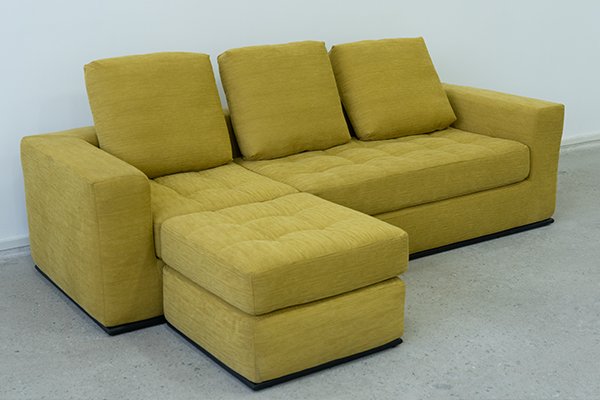
The main factor in shipping costs is the space a product occupies in a shipping container. Uncompressed sofas take up a lot of space, leading to higher costs.
By compressing sofas, manufacturers can fit up to three times more units in the same container, dramatically reducing transportation expenses.
This allows businesses to achieve economies of scale and maximize their profit margins.
Key Metrics of Space Savings
| Shipping Method | Units Per Container | Cost Per Unit |
|---|---|---|
| Traditional Sofas | 30-40 | High |
| Compressed Sofas | 90-120 | Significantly Lower |
Why Is Compression Ideal for Global Shipping?
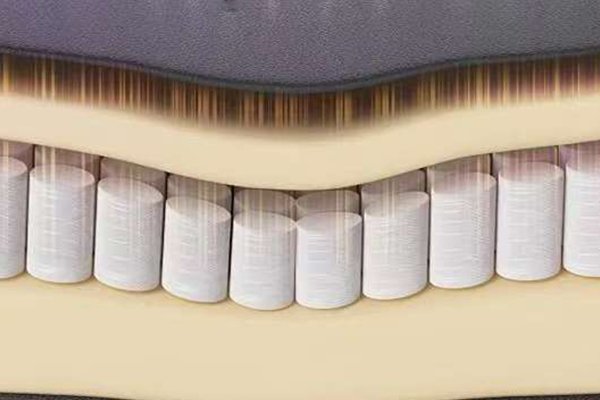
Global shipping often involves long distances and high costs. Reducing the size of sofas helps businesses overcome these challenges.
Compressed sofas are easier to handle, more affordable to ship internationally, and reduce overall carbon emissions by requiring fewer shipments.
This makes them an attractive option for e-commerce sellers and international distributors.
Benefits for Global Shipping
- Lower Freight Costs: Shipping more units reduces the cost per sofa.
- Easier Handling: Compact packages streamline logistics.
- Environmental Impact: Fewer shipments mean reduced emissions.
How Does Compression Improve Warehouse Efficiency?
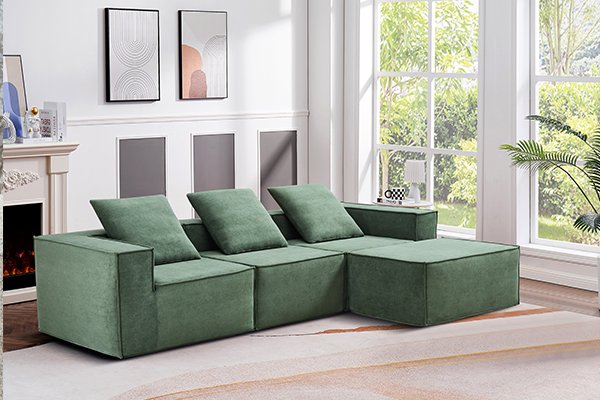
In addition to saving on transportation, compressed sofas optimize warehouse storage. This benefits both manufacturers and retailers.
Compressed sofas take up less space in storage, allowing warehouses to hold more inventory and reducing operational costs.
Storage Benefits
- Higher Inventory Levels: Fit more units in the same space.
- Streamlined Operations: Easier stacking and organization.
- Reduced Overhead: Lower costs for warehouse rental or management.
Example:
| Storage Scenario | Units Stored Per Square Meter |
|---|---|
| Uncompressed Sofas | 5 |
| Compressed Sofas | 15 |
What Are the Cost Implications for Retailers?
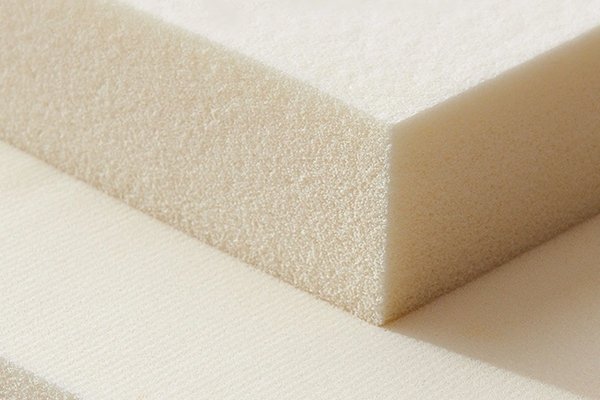
Retailers benefit directly from the lower transportation and storage costs of compressed sofas. These savings can be passed on to customers or reinvested in the business.
By reducing costs, retailers can offer competitive pricing, increase profit margins, and expand their product range.
Advantages for Retailers
- Lower Shipping Costs: Bulk orders are more affordable.
- Higher Inventory Turnover: Efficient storage leads to faster restocking.
- Global Reach: Affordable shipping expands market opportunities.
Cost Breakdown:
| Expense | Uncompressed Sofas | Compressed Sofas |
|---|---|---|
| Shipping Costs (per unit) | High | Low |
| Storage Costs (monthly) | High | Reduced |
How Do Customers Benefit From Lower Transportation Costs?
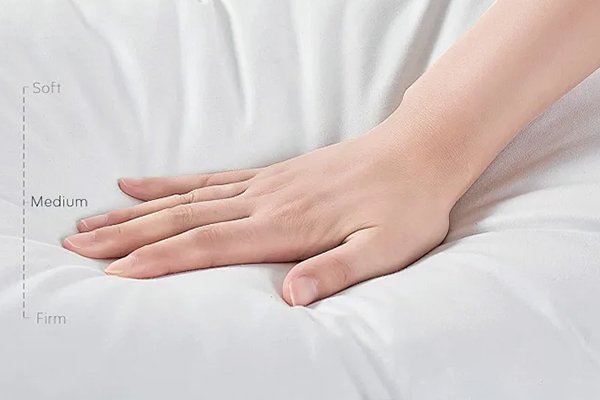
Lower transportation costs don’t just benefit businesses; they also have a positive impact on customers.
Compressed sofas allow retailers to offer lower prices, faster delivery, and eco-friendly solutions, improving the customer experience.
Customer Benefits
- Affordable Pricing: Reduced shipping costs translate to better deals.
- Faster Delivery: Compact packages streamline logistics.
- Sustainability: Lower emissions appeal to eco-conscious buyers.
Conclusion
Compressed sofas save on transportation costs by reducing their size, allowing more units to be shipped and stored efficiently. This innovation benefits businesses and customers alike, making it a smart choice for the modern furniture industry.